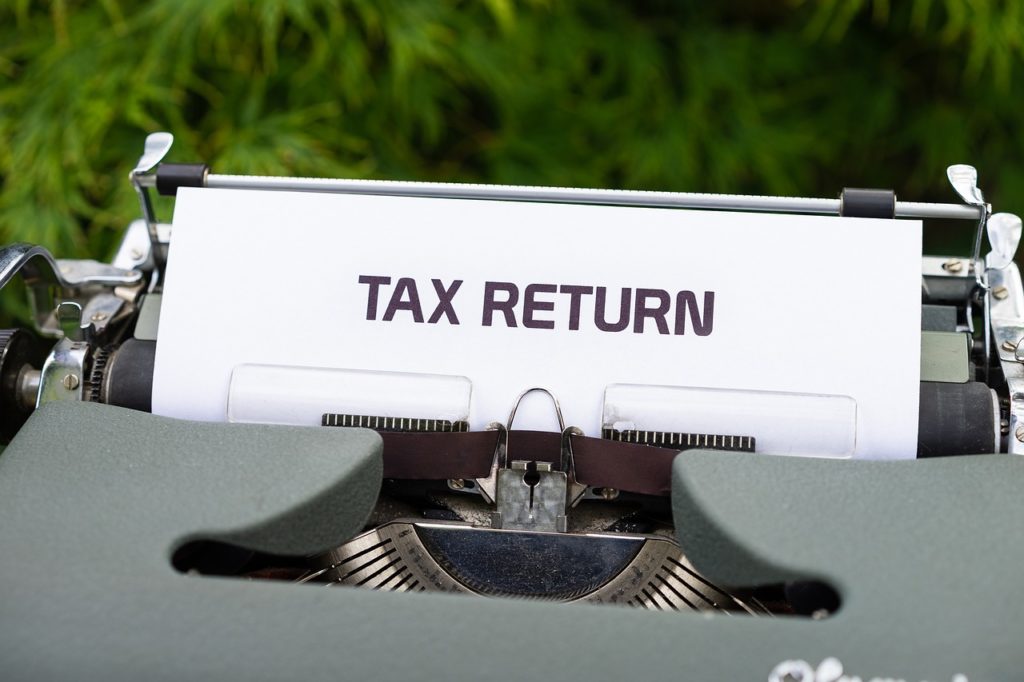Singapore is sometimes known as a tax haven because of favorable tax policies for Singapore tax residents. The taxation of personal income in Singapore is determined by the Inland Revenue Authority of Singapore (IRAS). Personal income is subject to tax in Singapore and in this article, we will look at different types of taxable or non-taxable personal income in Singapore.
Employment Income
Employment income refers to the income earned by an individual from their employment in Singapore. This income is subject to tax at progressive rates, ranging from 0% to 24% for total taxable income earned in 2023. The tax rate depends on the individual’s income level, with higher income earners paying a higher rate of tax. The tax is calculated based on the individual’s net income, which is the gross income minus deductions such as retirement fund contributions, approved donations, and employment expenses.
Investment Income
Investment income refers to income earned from investments such as dividends, interest, and rental income. In Singapore, dividends and capital gains are not subject to tax. Interest earned from 1) licensed financial institutions, 2) debt securities issued by incorporated businesses and 3) foreign sourced interest is not subject to tax (check IRAS for more details on taxable interest income). Rental income (sourced from Singapore), a common investment income, is subject to tax. These investing related taxable or non-taxable personal income in Singapore will be added to your employment or self-employment income (if any) for tax computation.
Foreign Sourced Income
Foreign sourced income refers to income earned outside of Singapore. Singapore adopts a territorial basis of taxation, which means that only income earned in Singapore is subject to tax. Therefore, foreign sourced income is generally not subject to tax in Singapore. However, there are certain exceptions to this rule, such as when the foreign income is received in Singapore or when the foreign income is derived from a business carried on in Singapore. For more details, please refer to this article.
Self-Employment Income
Self-employment income refers to income earned by individuals who are self-employed or running their own business. Self-employed individuals are required to file their taxes annually and pay tax on their net income. The tax rate for self-employment income earned in 2023 is the same as that for employment income, ranging from 0% to 24%.
In conclusion, personal income in Singapore is subject to tax at progressive rates, with higher income earners paying a higher rate of tax. Investment income, foreign sourced income, and self-employment income are subject to tax at different rates depending on the nature of the income. Singapore’s tax regime is one of the reasons why it is an attractive destination for both businesses and individuals.
